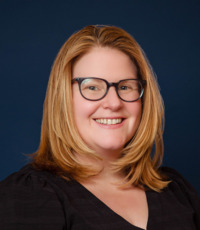News Details
SP2 students and alumni honored for research and practice to advance social justice
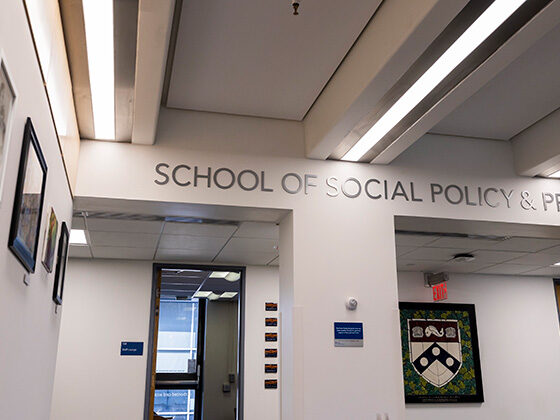
Authored by: Juliana Rosati
Photography by: Krista Patton
Student Life, Alumni
06/13/23
Across issues of criminal justice, abuse, intersex rights, and mental health, recent honors have recognized students and alumni of Penn’s School of Social Policy & Practice (SP2) for their research and practice. Representing multiple SP2 degree programs, the individuals highlighted here are applying their SP2 education in both clinical and academic roles, undertaking work that illustrates the School’s mission of social justice.
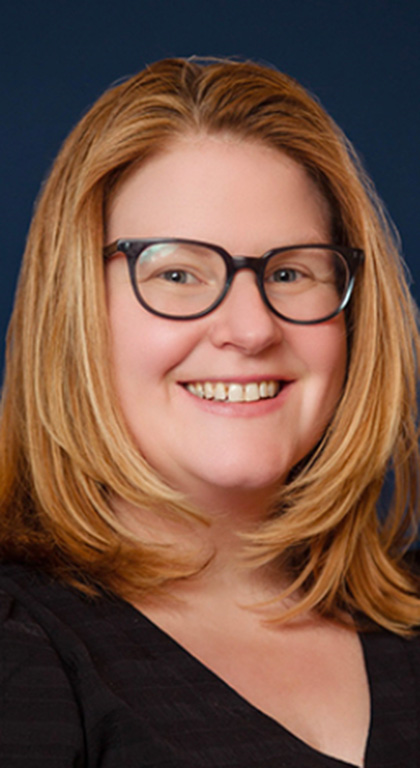
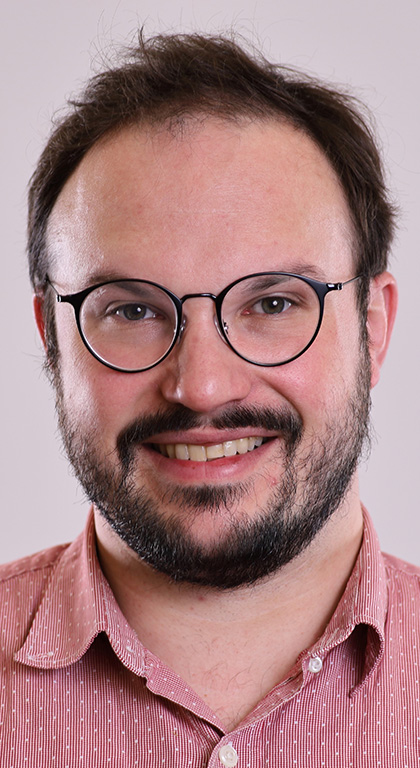
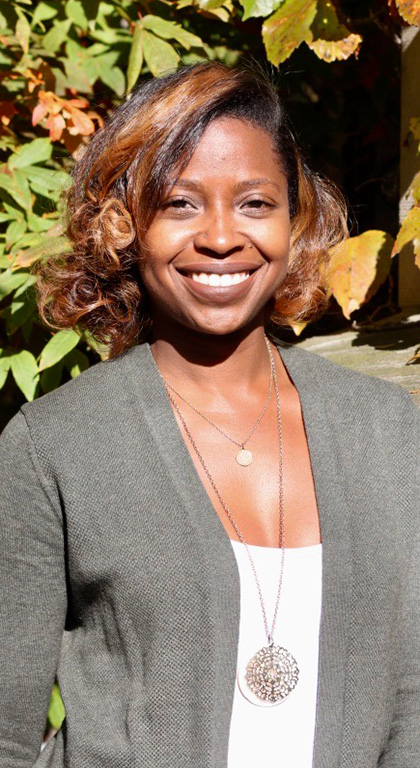
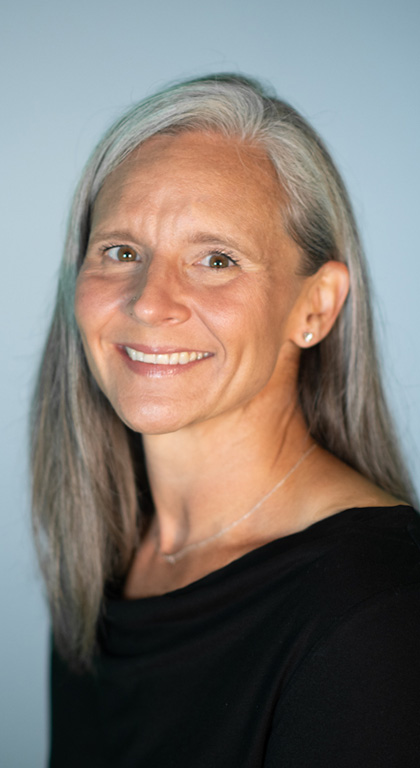
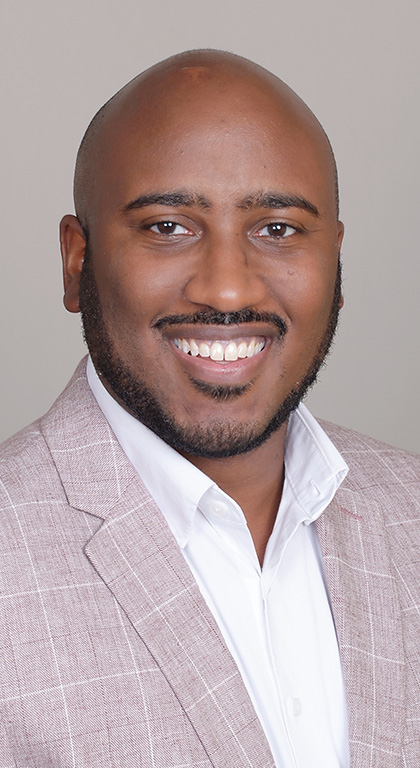
Seeking the roots of mass incarceration
The disproportionate incarceration of Black and brown people in the United States has prompted parallels to be drawn to the institution of slavery. Kalen Flynn, MSW’09, MSSP’10, PhD’18, has gone a step further, coauthoring a research study that examines contemporary criminal justice outcomes in light of local conditions in 1860.
“We find that a criminal charge in a county with high levels of slavery in 1860 increases the likelihood of pretrial detention, the probability of a sentence of incarceration, and the length of incarceration sentences,” write Dr. Flynn and coauthor Dr. Aaron Gottlieb in a paper published in Social Service Review. The authors recommend further research to account for the link between past slavery and current criminal justice. They have found that the negative effects exist beyond racial lines today, suggesting “that the legacy of slavery has created punitive cultures and institutions that trap both Black and White people.”
Flynn and Gottlieb’s research earned them the 2023 Society for Social Work and Research Excellence in Research Award for “outstanding social work research that advances knowledge with direct applications to practice, policy, and the resolution of social issues.” Flynn, a graduate of SP2’s Master of Social Work, Master of Science in Social Policy, and PhD in Social Welfare programs, is a qualitative data scientist with SP2’s Center for Guaranteed Income Research.
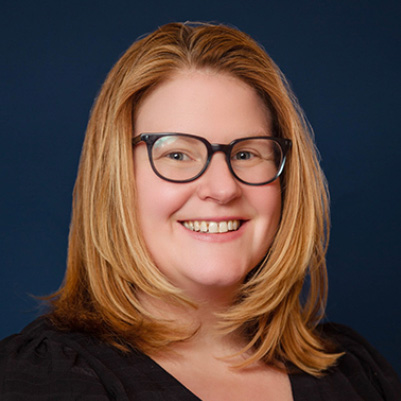
“We find that a criminal charge in a county with high levels of slavery in 1860 increases the likelihood of pretrial detention, the probability of a sentence of incarceration, and the length of incarceration sentences,” write Dr. Flynn and her coauthor.
Flynn and Gottlieb encourage policy makers and social workers to address the place-based disparities they have documented. “In locations with a legacy of slavery, a particularly large share of the population is likely to have incarceration histories. Therefore, these areas should be prioritized for reentry resources and services,” they write.
Supporting survivors of abuse
During his second-year field placement in SP2’s Master of Social Work Program, Tucker Rogers, MSW’22, worked with a survivor of abuse who was required to undergo counseling to reunite with her child. A turning point in their sessions came when Rogers suggested she communicate by typing in Zoom, which proved to be a more accessible option for her.
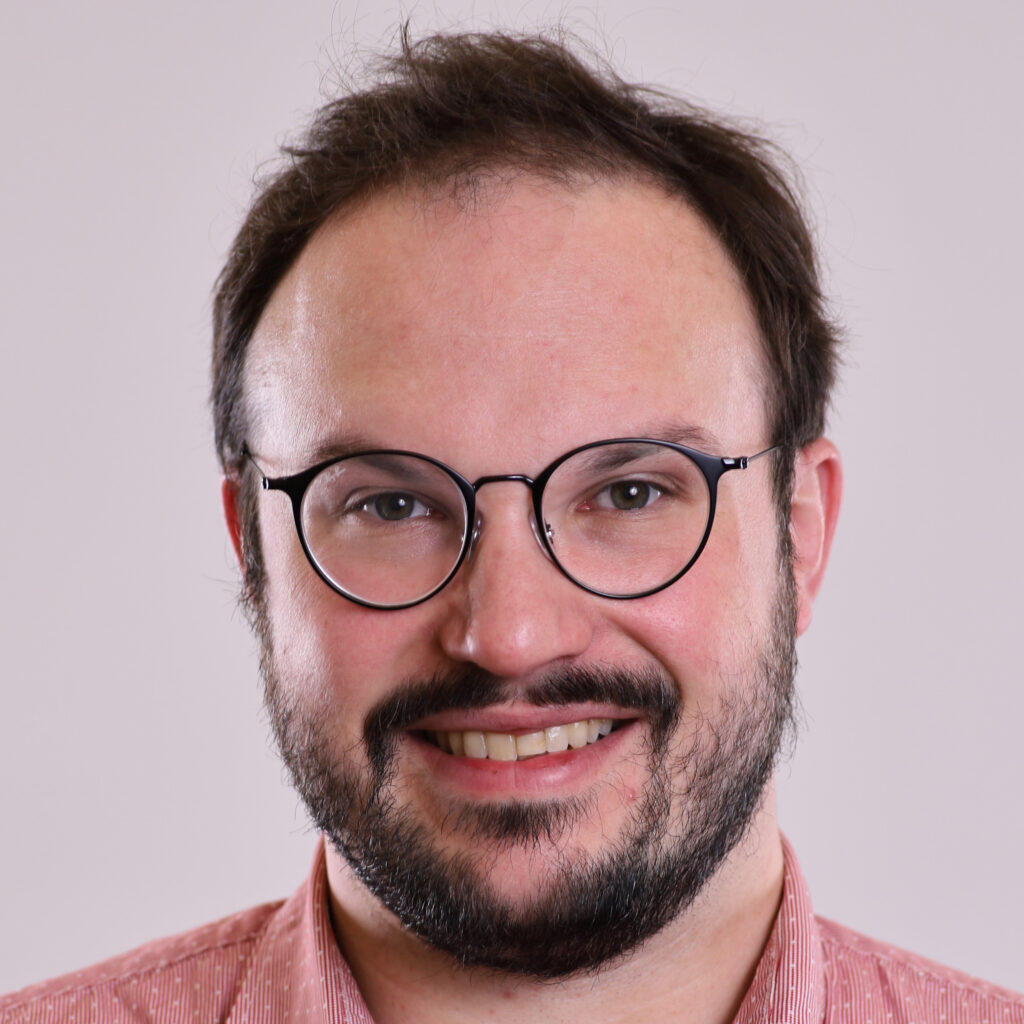
“Interacting with that client taught me about how to give power and decision making back to the people I’m working with, and how to spot my own sources of power or influence.”
“Social work clients are under enormous pressure from systems that are broken, and from people that show violence towards them,” says Rogers, now a social worker at the Children’s Hospital of Philadelphia. “Interacting with that client taught me about how to give power and decision making back to the people I’m working with, and how to spot my own sources of power or influence.”
His paper about the case, written in a course taught by SP2 Lecturer Sarah Trotta, received the Award for Clinical Excellence from the Pennsylvania Society for Clinical Social Work. The organization praised Rogers for using empathic listening, sensitivity to difference, clinical best practices, and self-reflection to produce “an examination of power in the consulting room, in the child welfare system, and in society at large.”
Support for survivors is also at the core of research by SP2 Doctorate in Clinical Social Work student Brittney Autry, who collected data virtually during the pandemic to examine the resources available to Black women who have experienced sexual violence.
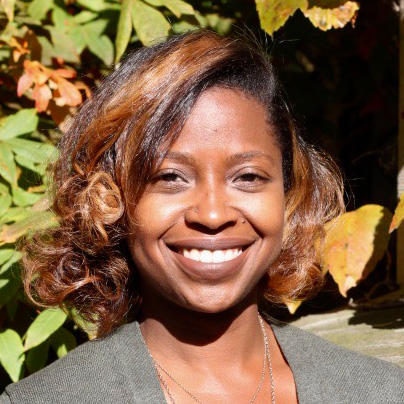
“Findings from this study have implications for best practices in culturally responsive therapeutic service delivery.”
Her results showed sources of support including family, friends, medical and mental health practitioners, yoga, and mindfulness, with the latter two considered by Black women survivors as the most beneficial towards their development of coping skills. Autry earned an Honorable Mention for the project from the American Academy of Social Work & Social Welfare’s Grand Challenges for Social Work initiative, which “champions social progress powered by science.”
“Findings from this study have implications for best practices in culturally responsive therapeutic service delivery,” says Autry, who has worked as a trauma intervention specialist and is currently chief empow(her)ment officer for Cent(HER)ed Collective.
Connecting caregivers of intersex children
When a person is born with variations of sex characteristics that do not fit typical binary notions of male or female bodies, they and their parents may experience social isolation and stigma. SP2 Doctorate in Clinical Social Work student Bonnie Scranton aims to provide support and empowerment for such families through Project LISTEN (Let Intersex Stories Teach, Enlighten, and Nurture), an online peer-facilitated program for caregivers of children born with variations of sex characteristics (VSC).
“Parents who receive peer support and education as they navigate the intricacies of family, community, and medicine may find they have opportunities for the deepening of relationships, increased meaning-making, and unforeseen growth,” says Scranton, a psychotherapist.
At the center of the project will be the perspectives of parents of children with VSC and intersex adults, which Scranton plans to incorporate at each step of the program’s development.
Awarded a fellowship from the American Academy of Social Work & Social Welfare’s Grand Challenges for Social Work initiative in the category of “Eradicate Social Isolation,” Scranton will receive mentoring and a stipend to support her research.
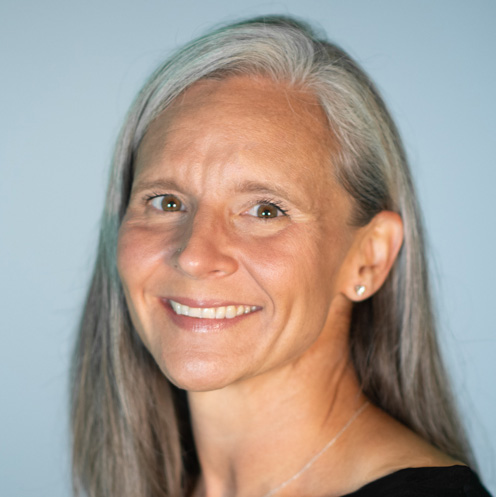
“Parents who receive peer support and education as they navigate the intricacies of family, community, and medicine may find they have opportunities for the deepening of relationships, increased meaning-making, and unforeseen growth.”
“Project LISTEN will provide an opportunity for families to understand and make meaning of their experiences as they connect with each other,” Scranton says. “Peer support received outside of medical spaces will transform social isolation into visibility and empowerment and contribute to overall shared knowledge and awareness of natural human variations.”
Raising mental health awareness with a spiritual lens
In his work as a former hospital chaplain and current medical social worker and therapist, Brian White has seen firsthand how religious and spiritual perspectives can either support or hinder mental health treatment and services.
“I’ve unfortunately encountered people who believe mental illness is somehow an indicator of demonic forces at work, or due to a person failing to truly rely on a higher being,” says White, a student in SP2’s Doctorate in Clinical Social Work Program. “I’ve likewise heard that going to mental health treatment providers like psychologists and social workers, who are deemed secular, is somehow contrary to divine intervention.” Through his studies and research, White is aiming to connect mental health and spirituality in ways that increase access to mental health support, particularly in the African American community.
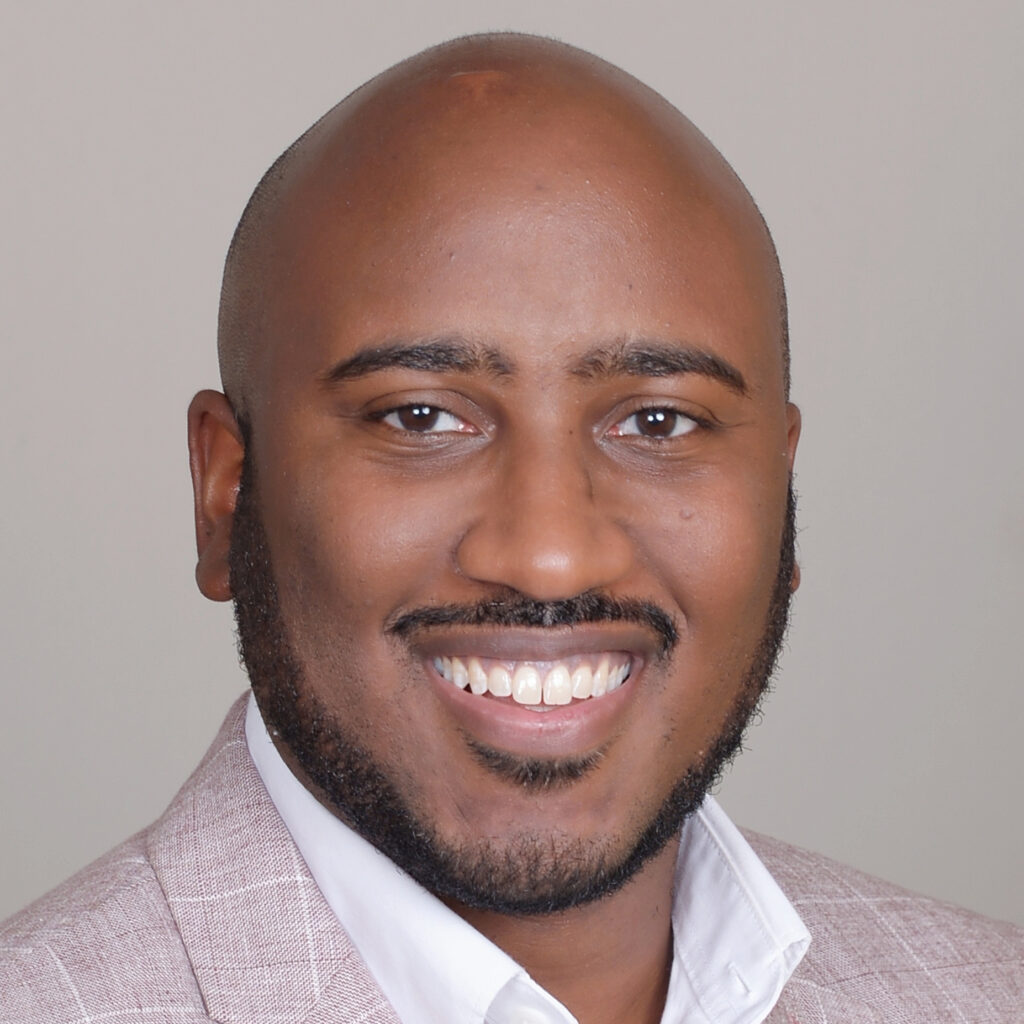
“We can’t just pray about it. Faith without works is dead. We need to also get the needed mental health treatment.”
He received a scholarship towards his SP2 education from the Boris Lawrence Henson Foundation, whose mission is “to both normalize and improve access to mental health services for Black communities in hopes of eradicating the stigma around seeking help and support.”
White points to the Bible verse “casting all your cares upon Him” as well as the benefits of meditation, prayer, and other spiritual practices as examples of how religion and spirituality can truly complement mental health support. “We can’t just pray about it,” says White, who hopes to continue raising awareness by founding a nonprofit. “Faith without works is dead. We need to also get the needed mental health treatment.”
Do you have an accomplishment by an SP2 community member to share? Contact us at sp2news@sp2.upenn.edu.
About SP2
For more than 110 years, the University of Pennsylvania School of Social Policy & Practice (SP2) has been a powerful force for good in the world, working towards social justice and social change through research and practice. SP2 contributes to the advancement of more effective, efficient, and humane human services through education, research, and civic engagement. The School offers five top-ranked, highly respected degree programs along with a range of certificate programs and dual degrees. SP2’s transdisciplinary research centers and initiatives — many collaborations with Penn’s other professional schools — yield innovative ideas and better ways to shape policy and service delivery. The passionate pursuit of social innovation, impact, and justice is at the heart of the School’s knowledge-building activities.
